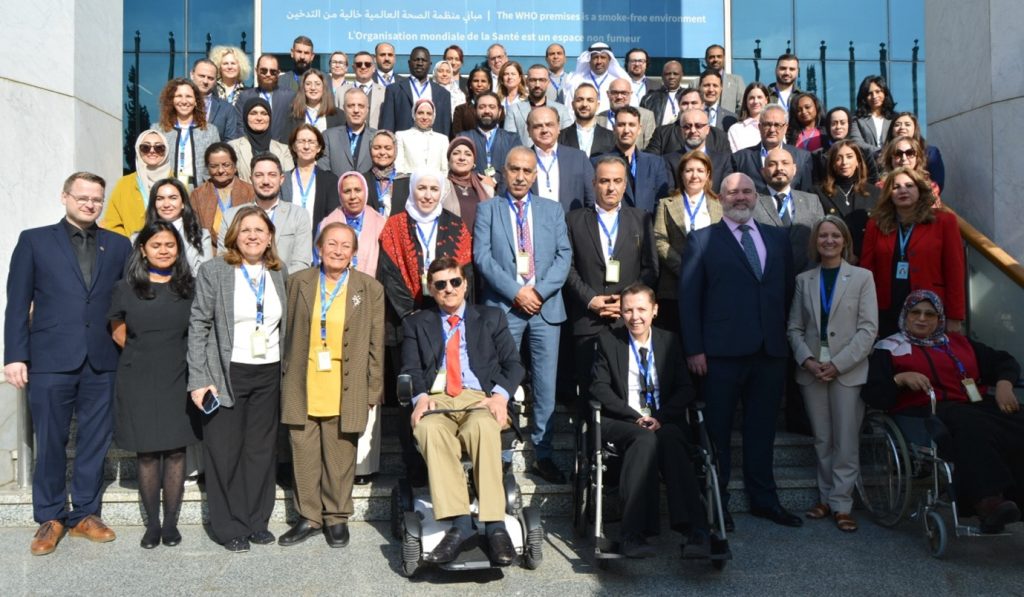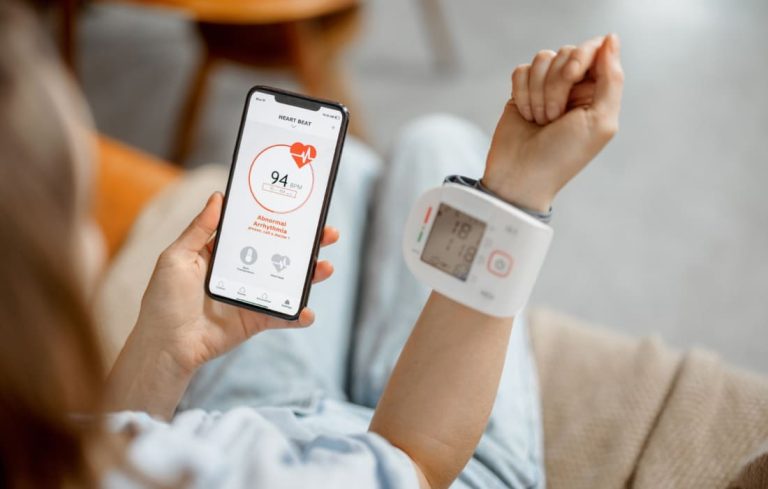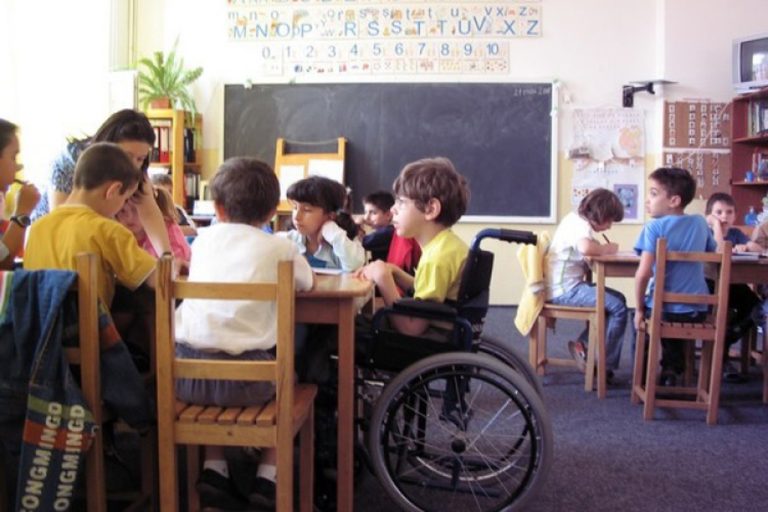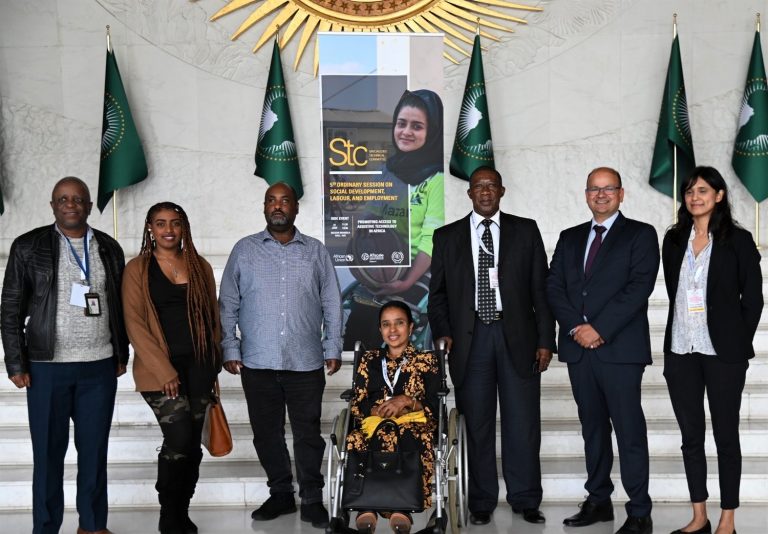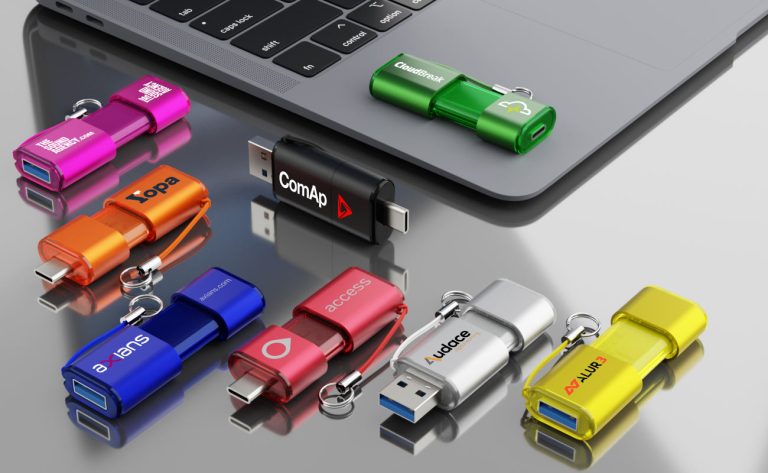Recent collaborative efforts between the World Health Organization (WHO) and UNICEF have catalyzed regional action on assistive technology within the Eastern Mediterranean Region (EMR). A pioneering workshop held in Cairo brought together over 70 participants from 11 countries to discuss innovative strategies for integrating assistive devices into universal health coverage (UHC) and emergency preparedness. This article outlines the workshop’s key themes, technological tools discussed, and prospective public health implications, situating these advances within broader global health efforts.
The integration of assistive technology into healthcare systems is crucial for achieving inclusive health outcomes, particularly in regions where millions face barriers to access. In the Eastern Mediterranean—home to over 140 million people requiring humanitarian assistance—the gap in access is stark, with only about 10% of those in need obtaining assistive products. Recognizing this urgent challenge, WHO and UNICEF recently convened a regional workshop in Cairo from 3 to 5 December 2024. The objective was to galvanize stakeholders from government, non-governmental organizations, academia, and affected communities to explore solutions that align with the Sustainable Development Goals (SDGs) and promote equitable access to essential healthcare services
A Collaborative Platform in Cairo
Held in Cairo, the workshop served as a dynamic forum for stakeholders representing 11 EMR countries, including government officials, researchers, and representatives of user groups such as older adults and persons with disabilities. Notable contributions were made by figures including:
- Thomas Bellew, Deputy Head of the Irish Embassy in Egypt, who provided opening remarks that set the tone for collaborative dialogue.
- Dr. Adham Ismail, Director of Programme Management at WHO EMR.
- Mr. Marc Ruben, Deputy Regional Director for UNICEF Middle East and North Africa.
- Dr. Heba Hagrass, UN Special Rapporteur on the Rights of Persons with Disabilities.
The workshop emphasized that assistive technology must be at the forefront of both UHC and emergency response strategies. This is particularly relevant given the heightened need for timely and accessible health interventions in regions facing frequent humanitarian crises .
Key Objectives and Discussion Points
Participants focused on several pivotal areas:
- Integration into Universal Health Coverage: Assessing policies that embed assistive technology as a core component of comprehensive health systems.
- Emergency Preparedness: Identifying how assistive products can mitigate challenges in crisis situations, ensuring vulnerable populations remain supported.
- Technological Innovations: Showcasing tools such as WHO’s Training in Assistive Products platform and the Assistive Technology Assessment Toolkit, as well as UNICEF’s Supply Catalogues.
- Case Studies and Best Practices: Evaluating regional case studies to highlight scalable models that enhance access to assistive devices.
These discussions underscored the transformative potential of technology to bolster health equity and empower individuals with disabilities .
Technological Tools and Approaches
The workshop showcased several digital and physical tools designed to facilitate the broader dissemination of assistive technology. Key instruments included:
- WHO’s Training in Assistive Products Platform: An online resource designed to build capacity among healthcare providers and policymakers, ensuring the latest best practices in assistive technology are adopted.
- Assistive Technology Assessment Toolkit: A standardized framework that helps evaluate current capabilities and gaps, fostering data-driven decisions that support UHC.
- UNICEF Supply Catalogues: These resources are invaluable for procurement and supply chain management, ensuring reliable access to essential assistive devices at scale.
These tools are part of a global movement toward leveraging digital health solutions to address longstanding inequities in access to health technologies. The WHO Global Report on Assistive Technology further emphasizes the need for such integrated approaches to meet the growing demand for assistive services worldwide .
Discussion and Regional Impact
Enhancing Universal Health Coverage
Integrating assistive technologies into health systems is not only a matter of social justice but also a critical factor in achieving robust and resilient healthcare frameworks. The workshop’s findings indicate that strategic investment in these technologies can significantly improve patient outcomes by ensuring that even the most marginalized communities receive timely, tailored health interventions.
Addressing Emergency Challenges
In regions predisposed to emergencies, the availability of assistive technology can mean the difference between life and death. By incorporating these tools into emergency planning, health authorities can guarantee that vulnerable populations continue to receive essential services during crises.
Moving Toward a More Inclusive Future
The collaborative model demonstrated at the Cairo workshop offers a replicable blueprint for other regions. By prioritizing interdisciplinary partnerships and leveraging digital health innovations, policymakers and practitioners can significantly narrow the gap in assistive technology accessibility.
Conclusion
The WHO-UNICEF regional workshop in Cairo marks a pivotal advancement in the delivery of assistive technology across the Eastern Mediterranean. By creating a cohesive strategy that integrates these technologies within UHC and emergency preparedness frameworks, the initiative sets a new standard for inclusive health. Future efforts will need to build on these discussions with concrete investments and policy reforms to ensure that assistive technology reaches every individual in need.
For more information, please contact the World Health Organization (WHO) or the the United Nations Children’s Fund (UNICEF).


